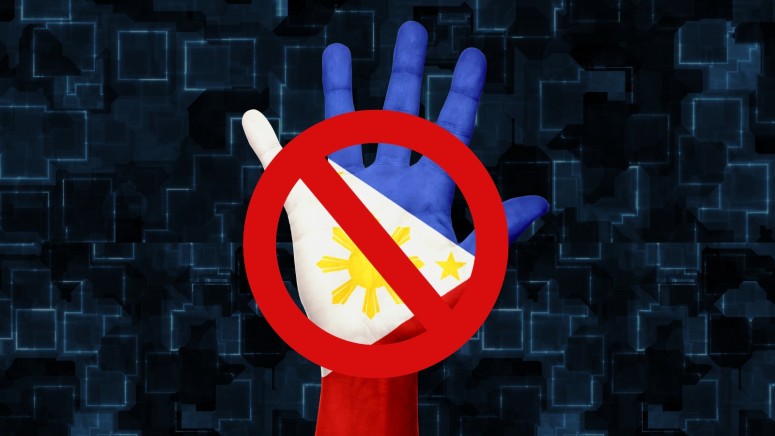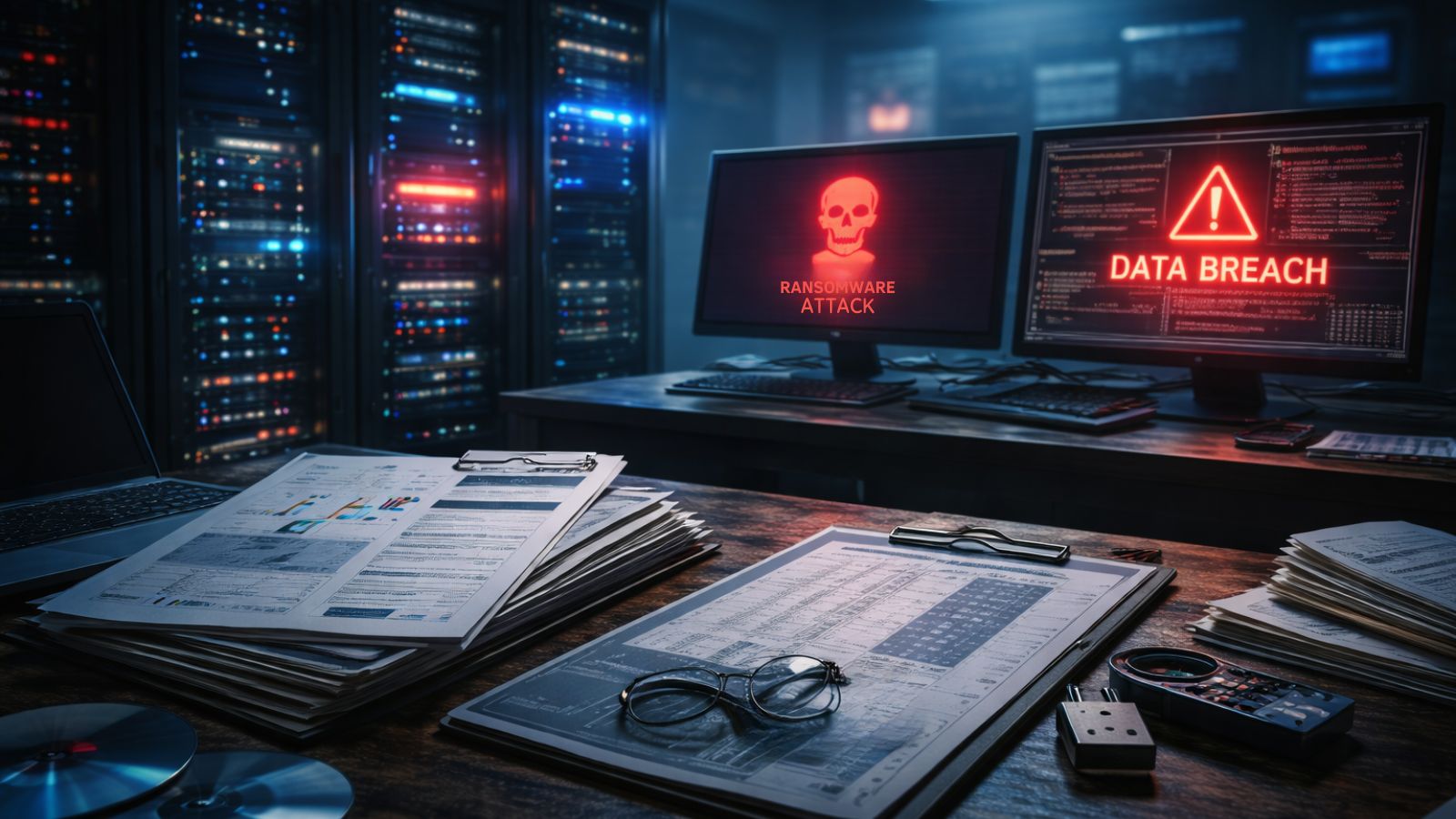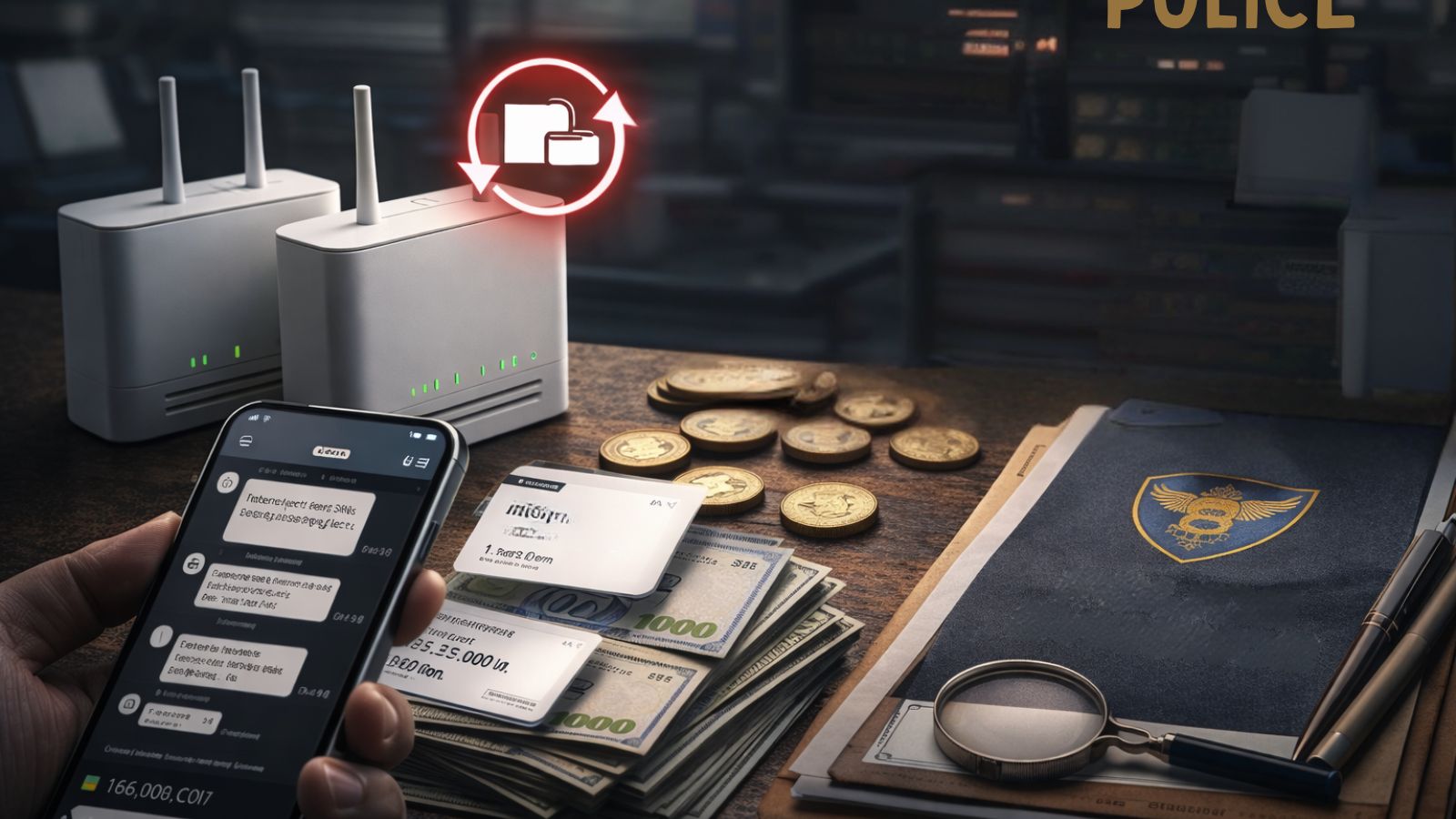
A New Bill to Stop Philippines From Being Considered a Piracy Haven
- Philippines introduced a strict policy against pirates with a new bill that speeds up the evaluation and blocking action.
- ISPs are now expected to block the infringing domains in 5 days; otherwise, they may find themselves out of business.
- It will no longer be considered a place where pirates are in no danger of getting prosecuted.
A new bill introduced by the current Senate President of the Philippines aims to put a stop in the county’s content piracy activities, and the fact that it is considered a safe place to upload and download material that is subject to copyright infringement. The new bill sidetracks the usual process of a court issuing a domain blocking injunction to the ISPs (Internet Service Providers), as it attaches this responsibility solely to the IPO (Intellectual Property Office).
According to the new bill, all copyright infringement notices and complaints about piracy websites will be handed to IPO which in turn will evaluate them. The evaluation consists of the determination of the level of copyright respect that is evident in the particular domain, the actual flagrancy that can be objectively proven by browsing the site and its contents, and whether the reported domain has been already blocked by other courts in the world after similar allegations. The investigation of the copyright infringement application will take a maximum time period of 15 days, upon which the IPO will develop an analytical report that will be circulated to the copyright holders and the ISPs of the country.
As the next step of action, another “Review Committee” will then evaluate the findings of the IPO report, leading to the issuing of a notice of approval or rejection in a maximum of 10 days. By this time, the ISPs will be given a 5 days period to take URL, IP address, and domain blocking action against the online location that was confirmed to be infringing the copyrights that are listed in the submitted complaint. The whole procedure from the submission of the complaint to the shutting down of the piracy website should take a maximum of 30 days. The absence of a step that involves a court ruling works to the benefit of the process, which is standardized and streamlined, and while legal concerns could arise in other parts of the world, these are handled differently in the Philippines.
The bill goes a step further to ensure that the blocking will be applied and that no ISP provider dares to demonstrate any contravention to the order. Specifically, the bill gives IPO the right to cancel the license of the ISP and do so promptly if the latter file an objection against the blocking order, or show any signs of non-compliance with its dictations.
Where do you stand on the blocking practices that are about to be applied in the Philippines? Let us know of your opinion in the comments below, and don’t forget to like and subscribe on our Facebook and Twitter pages.






